Alexander Schuckert
About Me
I am currently a Senior Quantum Scientist at QuEra Computing, developing quantum computing methods for scientific discovery in material science, quantum chemistry, and nuclear physics.
Before, I was a postdoc and later assistant research scientist at the Joint Quantum Institute and the Joint Center for Quantum Information and Computer Science at the University of Maryland from 2021 to 2025, and concurrently worked part-time for Quantinuum from 2021 to 2023. I did my PhD in the Condensed Matter Theory Group at Technical University of Munich in Nov. 2021. I studied Physics at Heidelberg University and University College London from 2012 to 2017, specializing in quantum field theory.
Research: Quantum Simulation
- Quantum algorithms for scientific discovery Can we find algorithms to answer open scientific and technological questions in material science, quantum chemistry and nuclear physics?
- Hardware-efficient digital quantum simulation using native particles: Can we more efficiently simulate interacting systems consisting of the two fundamental particles in Nature - bosons and fermions - by using quantum computers built from bosons and fermions (in addition to qubits)?
- Near-term fault-tolerant quantum computation: Can we solve non-trivial problems with a small fault-tolerant quantum computer (1000-10000 physical qubits)?
News
- [Dec. 2025] Merry Christmas #2! In collaboration with Google, we observe superfluidity in the presence of disorder for the first time when the system without disorder shows no superfluidity! This required developing novel readout and control techniques in superconducting qubits, in particular control of a third level in addition to the qubit levels, and also took almost three years to complete.
- [Dec. 2025] Merry Christmas! In a work released on Christmas Day after almost three years of work, we introduce a new way to combine digital and analog quantum simulation in trapped-ion quantum simulators, enabling the observation of almost strong zero modes in the cluster-Ising model. Another great collaboration with Duke and Cornell ion trappers!
- [Aug. 2025] I joined QuEra Computing UK as a senior quantum scientist. Excited to join this amazing effort to create fault-tolerant neutral-atom quantum computers!
- [Aug. 2025] I joined the editorial board of Quantum, an amazing initiative for open, community-led publishing in Quantum Science.
- [Feb. 2025] Carefully extracting the range of validity of Fermi’s golden rule - one of the most important pillars of connecting theory to experiments - is the topic of our recent arXiv preprint. We show that the coupling strength of drive and system needs to be surprisingly small, casting doubt on the quantitative validity of previous experiments. Thanks to Jianyi and Songtao from Nir Navon’s lab for bravely venturing into regimes of small signal-to-noise, requiring an extremely careful experimental analysis.
- [Feb. 2025] Another great popular-scientfic article about our 1D finite-energy phase transition work apparead on phys.org.
- [Feb. 2025] Combining digital circuits with analog time evolution, we observe thermal phases and transport in the 2D XY model in Google’s 69 qubit processor - read about it in Nature.
- [Jan. 2025] The New Scientist wrote a great summary of our 1D finite-energy phase transition paper and its implications for future work.
- [Jan. 2025] Our paper on the first observation of a finite-energy phase transition in 1D has appeared in Nature Physics. A big thanks to Or Katz and Chris Monroe at Duke for the fun experiment-theory collaboration!
- [Nov. 2024] In our arXiv preprint on fermion-qubit fault-tolerance, we show how to encode a fermionic logical operator into fermionic atoms, and how fault-tolerant logical gates can be applied. This could potentially lower the resource requirements for simulation of quantum chemistry and material science by orders of magnitude!
- [Oct. 2024] Check out my JQI Seminar talk about the upcoming work on fermionic fault-tolerant quantum computing.
Publications
Note: * indicates equal contribution.
-
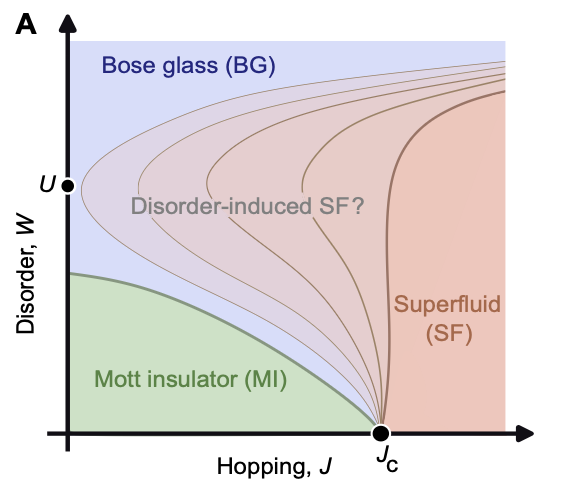 arXiv
arXiv
-
-
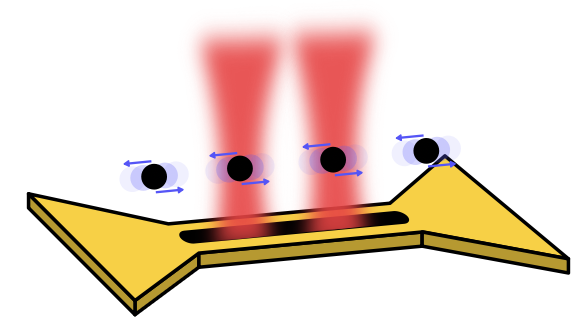 arXiv
arXiv
-
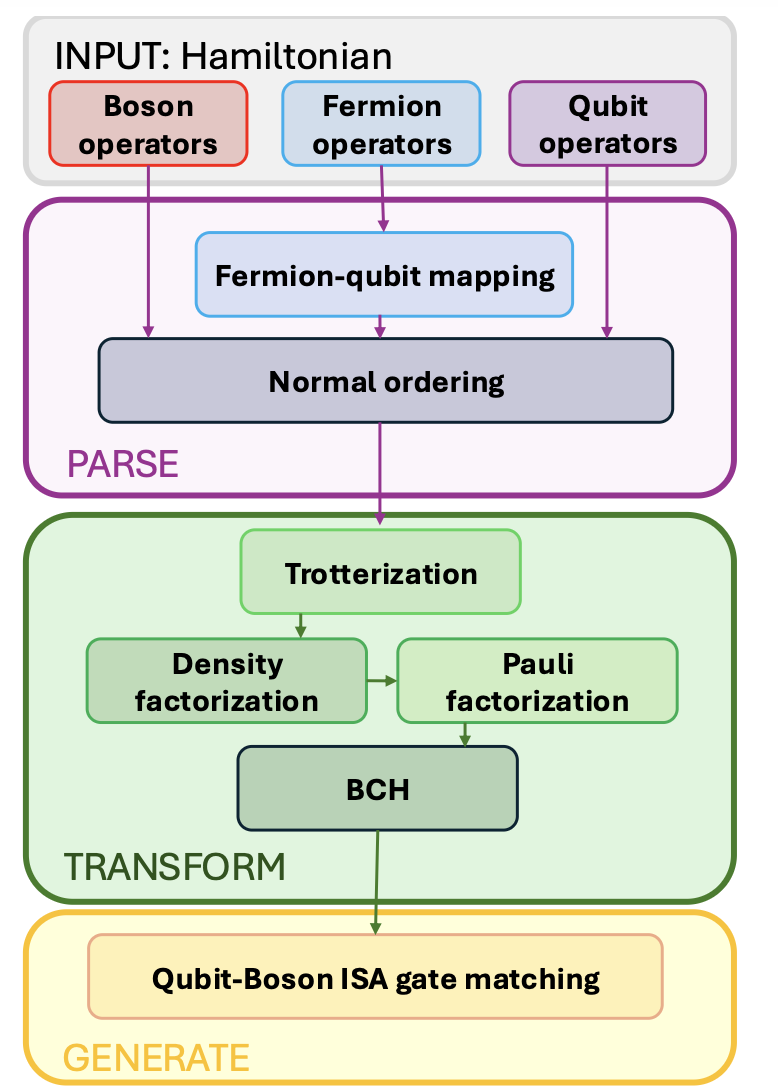 arXiv
arXiv
-
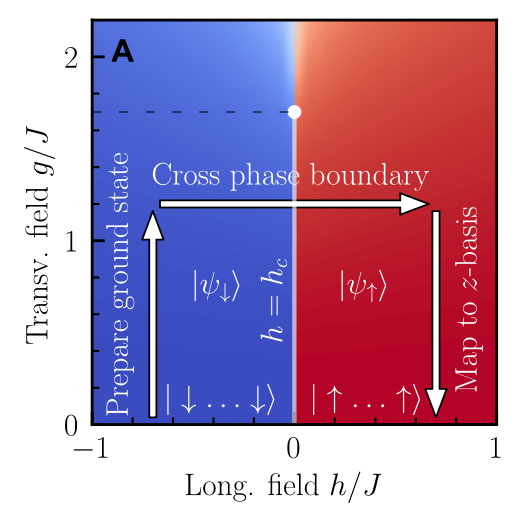 arXiv
arXiv
-
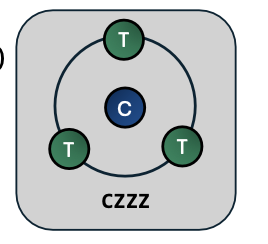 arXiv
arXiv
-
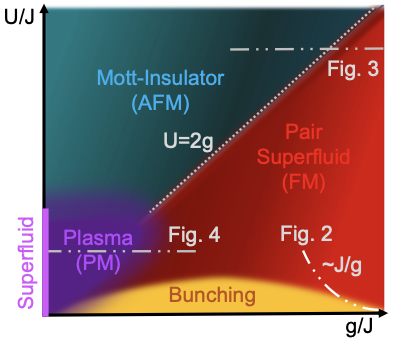 arXiv
arXiv
-
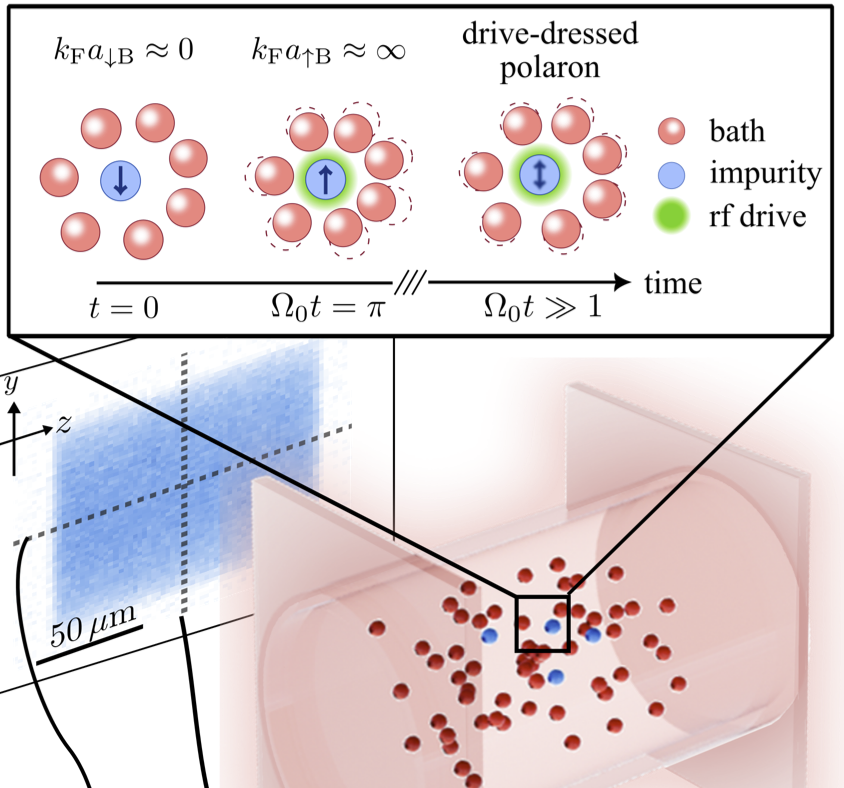 Nat. Phys.
Nat. Phys.
-
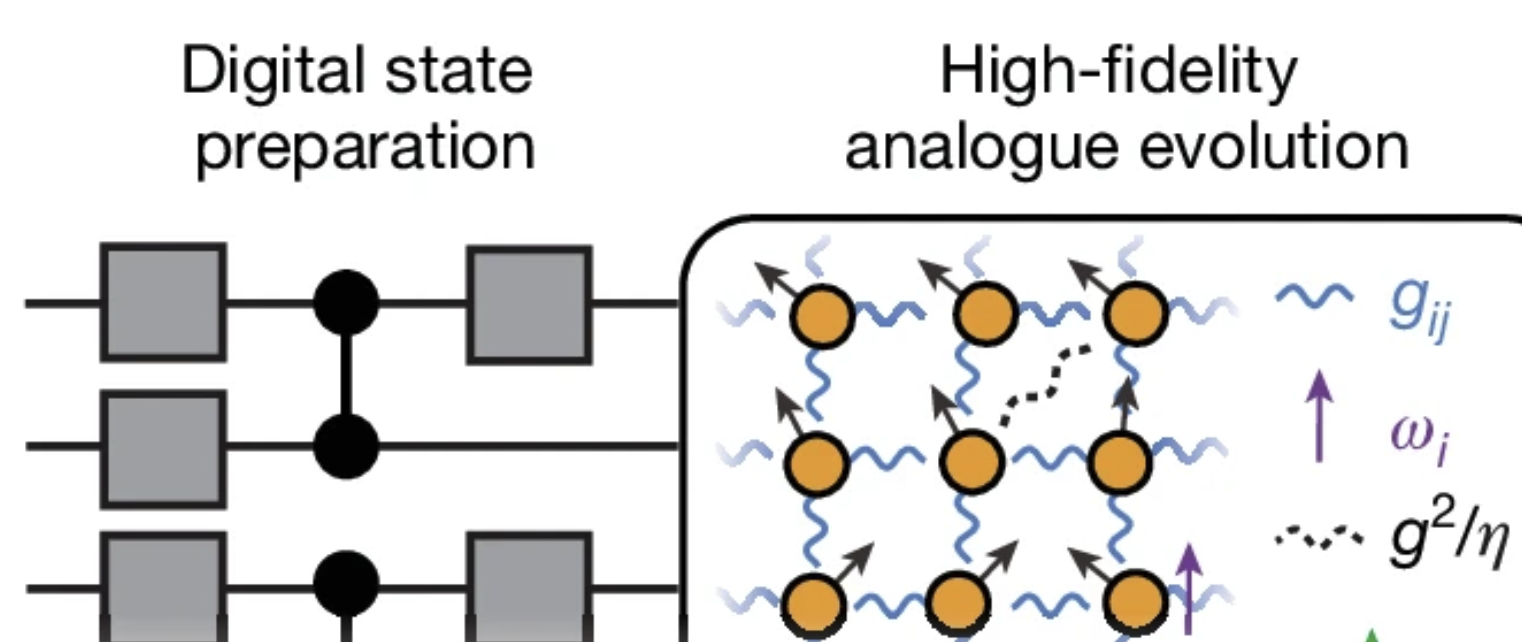 Nature
Nature
-
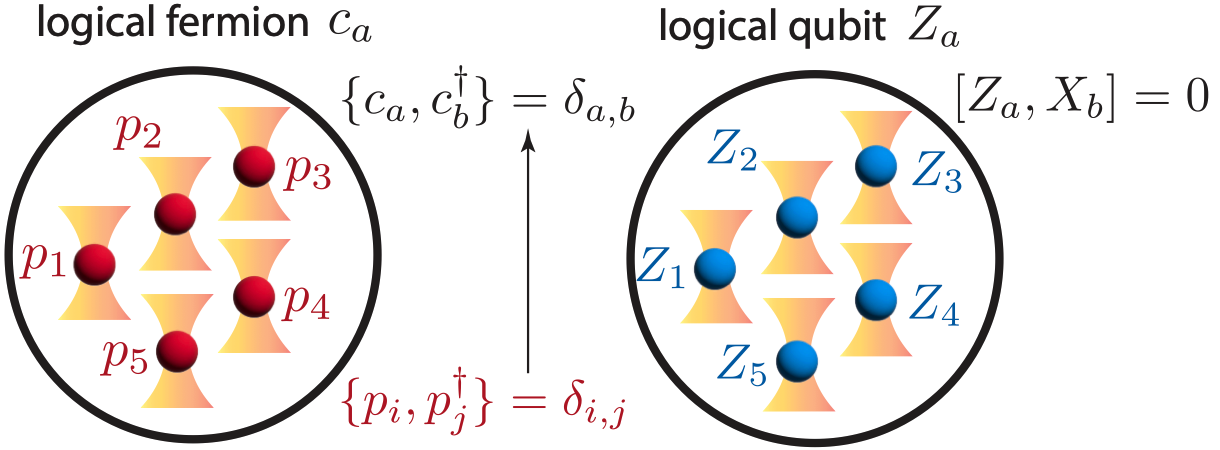 arXiv
arXiv
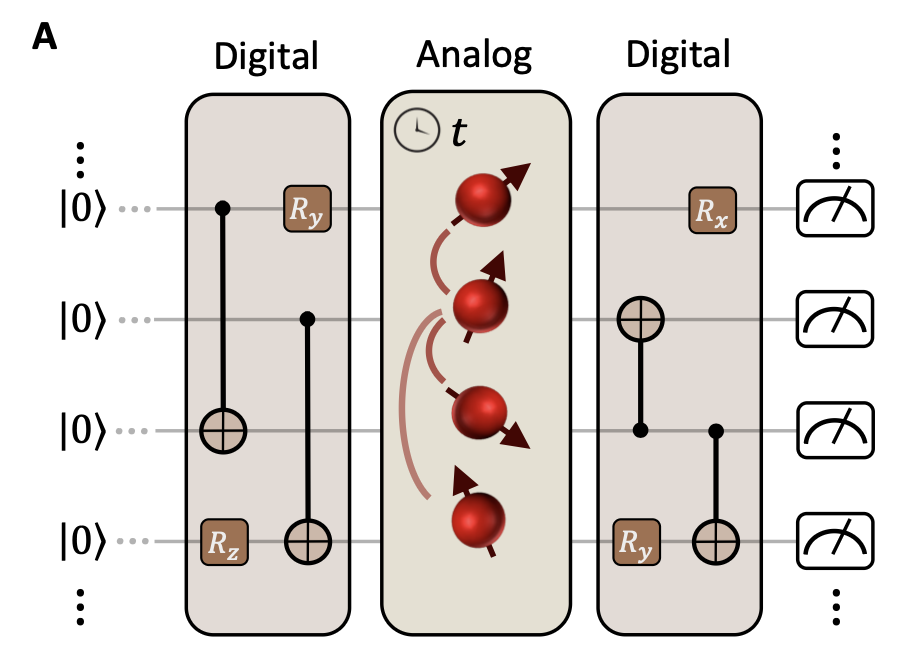 arXiv
arXiv
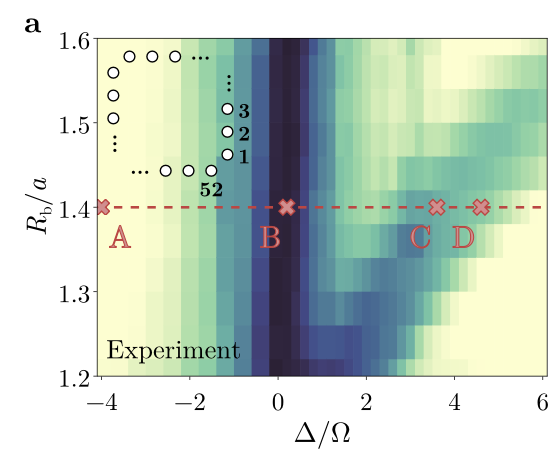 arXiv
arXiv
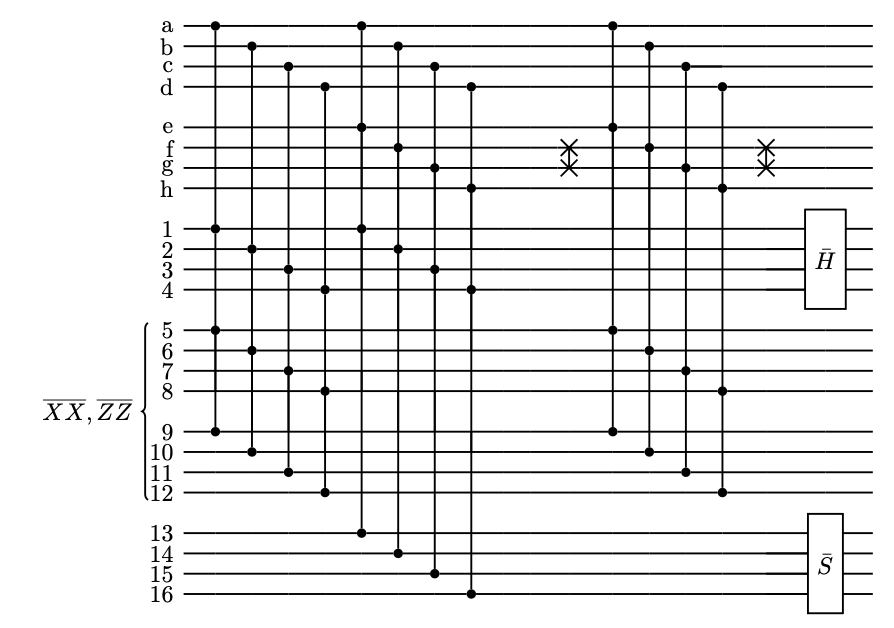 arXiv
arXiv
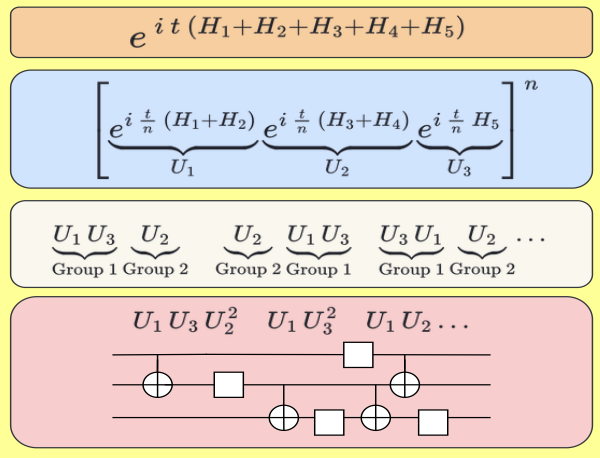 arXiv
arXiv
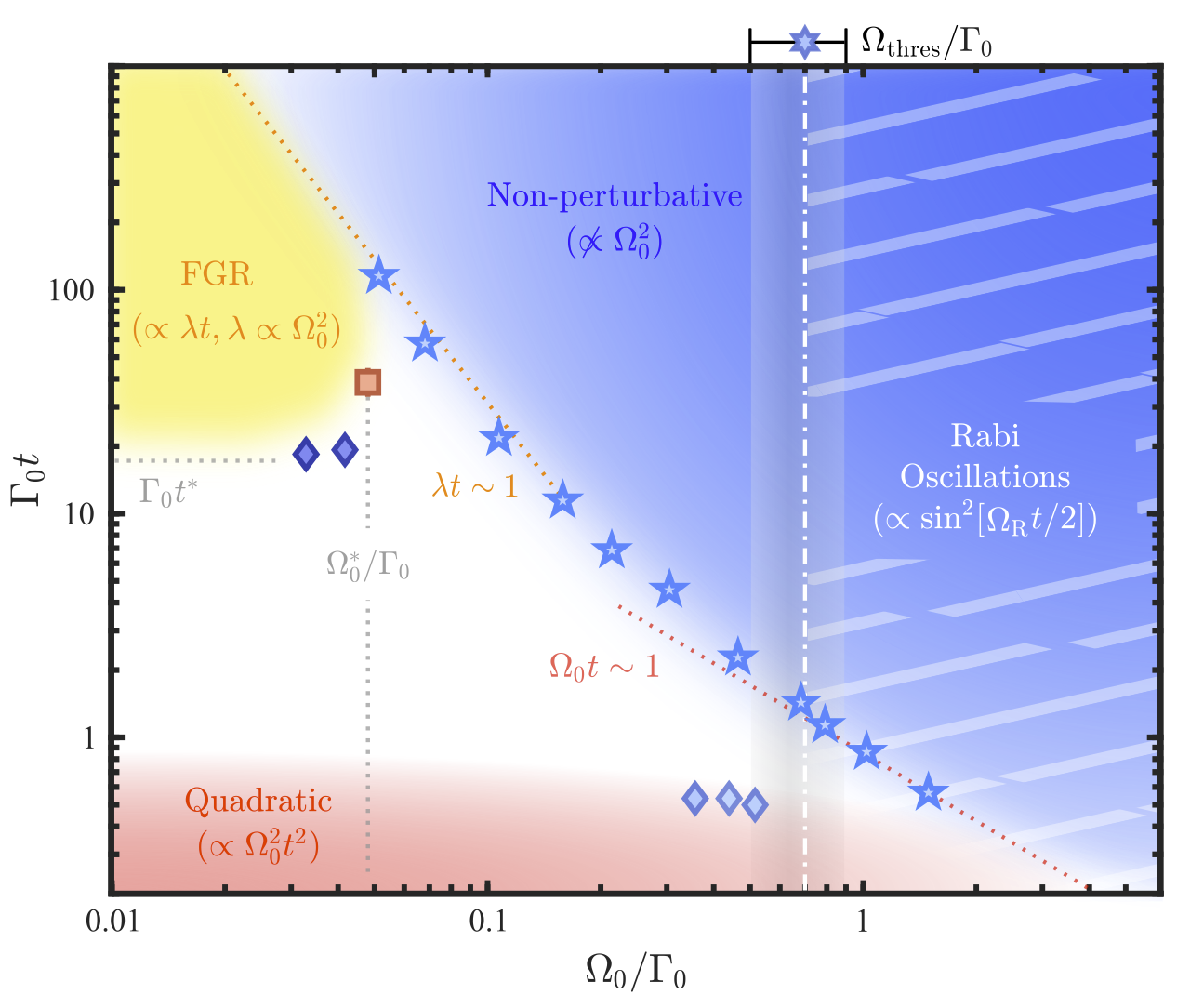 arXiv
arXiv
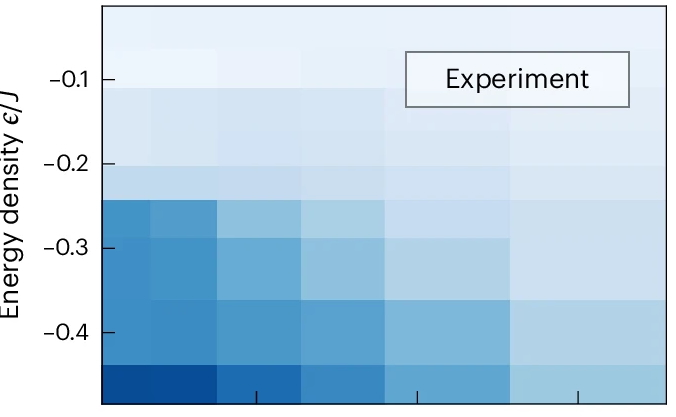 Nat. Phys.
Nat. Phys.
 arXiv
arXiv
 arXiv
arXiv